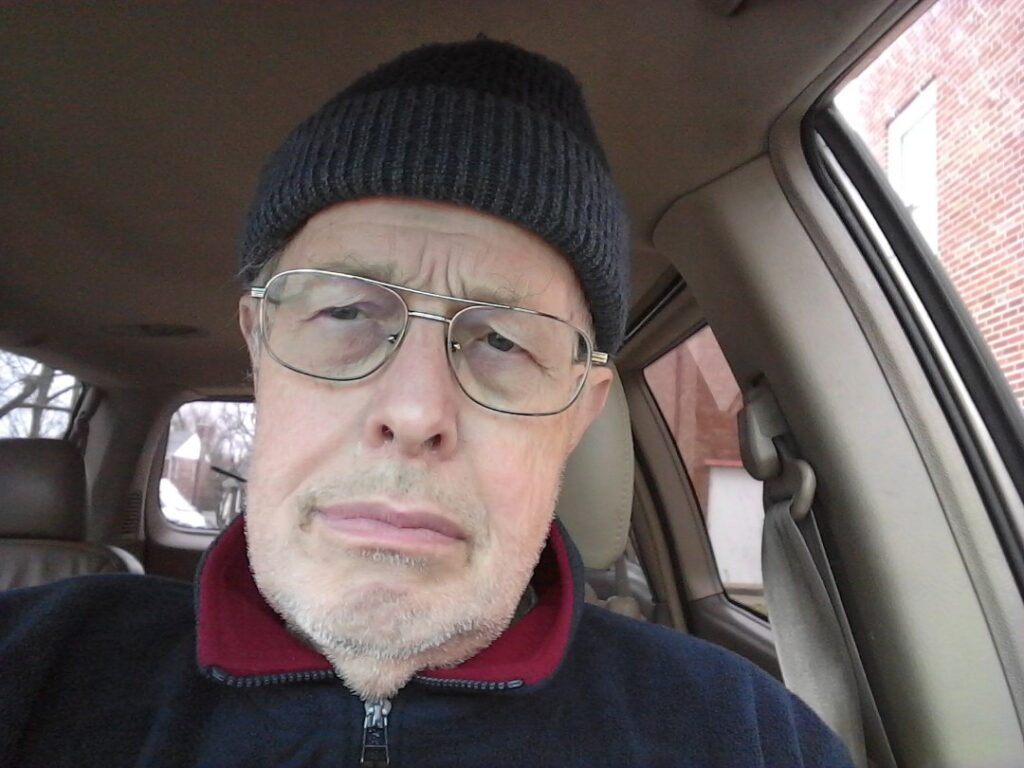
You Get What you Give
By Sean Arnold, Last Mile Intern
We have volunteers of all ages. Some are in high school trying to pick up some extra service hours. Others are in retirement taking the time to give back to their communities. One such volunteer is Paul Verhaegen, one of our top Food Rescue Heroes. Paul has been with us since March of this year and has been a food-saving machine. As of September 2021 he alone has saved 60,000 pounds of food!

“I spent over 40 years in public television. Educational projects were some of my favorites. I spent time working with young children.”
Children are not going to learn on empty stomachs. Their parents can’t work on empty stomachs either
-Paul Verhagen
All of our amazing volunteers have their own reasons for joining Last Mile but in the end, it boils down to the same simple goal of helping others…
The Feel-Good Effect
Or better known as the feel-good do-good phenomenon. It is the simple theory that people who are in good moods are more likely to do good things for others and that those who have had good deeds done for them will have better moods and are more likely to help others and so on and so on. When our volunteers take food donations to agencies, they are lighting that spark in a chain reaction of good events. All the amazing help our volunteers directly give from completing food rescues indirectly helps so many others.
A Helpers High

When you donate your time, energy, and money and get nothing tangible back it almost seems like volunteering is an altruistic endeavor. The perfect good deed. But if you have ever volunteered before you know that there is something you do get back. It is knowing that what you just did has positively impacted your life. It is that distinct physical sensation you get when you complete an act of kindness. It is most commonly known in the psychology field as the Helpers High. The Helpers High is best described as the uplifting feeling someone experiences after performing an act of kindness or a good deed. It turns out that an uplifting feeling is not the only thing you get back from performing acts of kindness. There are real health benefits that are associated with performing acts of a kind and simple good deeds. If you are interested in learning more about the health benefits associated with performing good deeds, check out Dr. Christine Carter’s article on psychology today where she talks about the health benefits of a helper’s high and volunteering.
Extra Information
https://www.psychologytoday.com/us/blog/raising-happiness/201002/what-we-get-when-we-give
Below is a link to another great read from the Mayo Clinic on the simple art of kindness
https://www.mayoclinichealthsystem.org/hometown-health/speaking-of-health/the-art-of-kindness